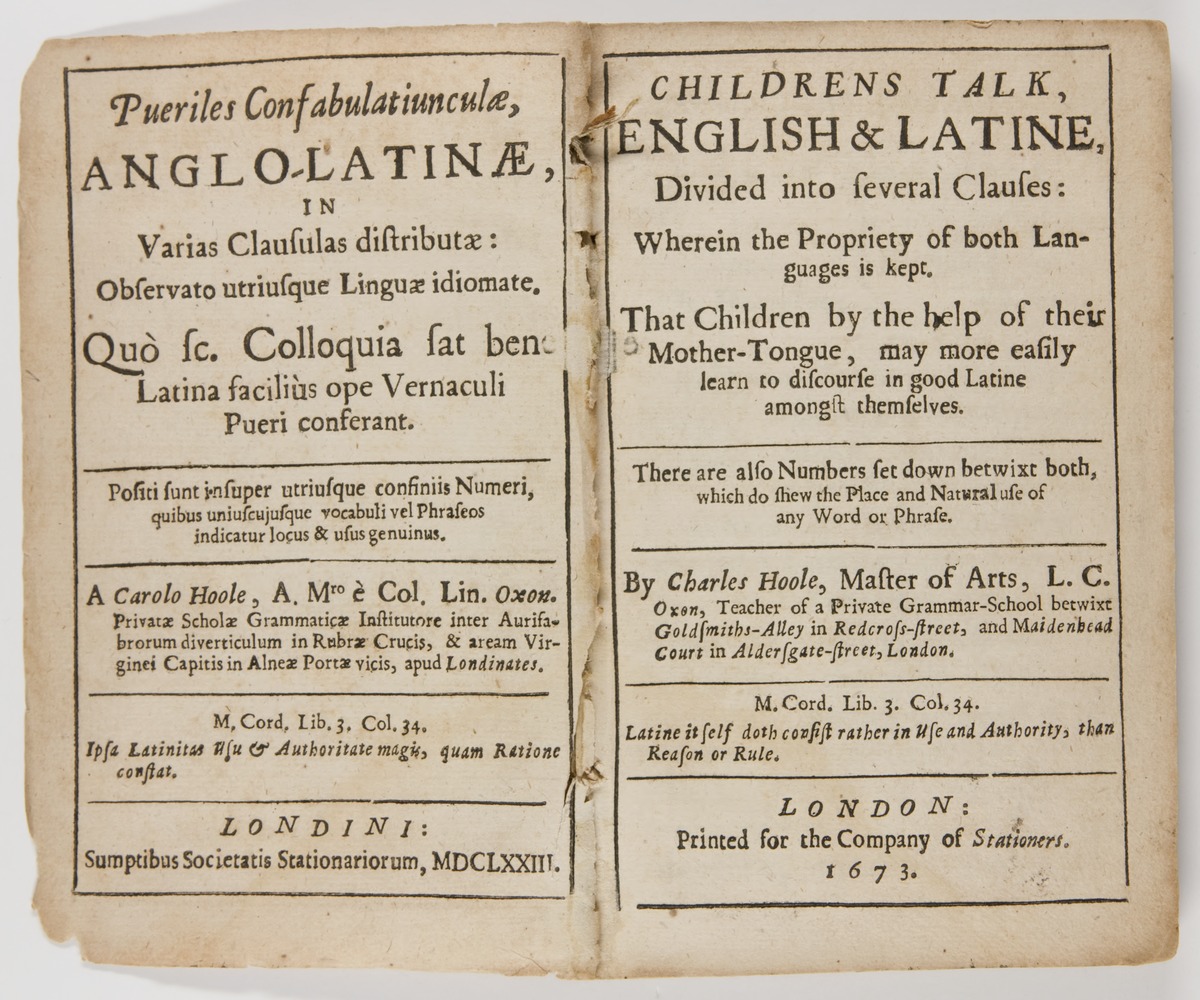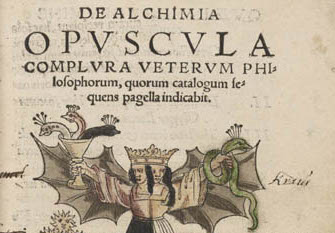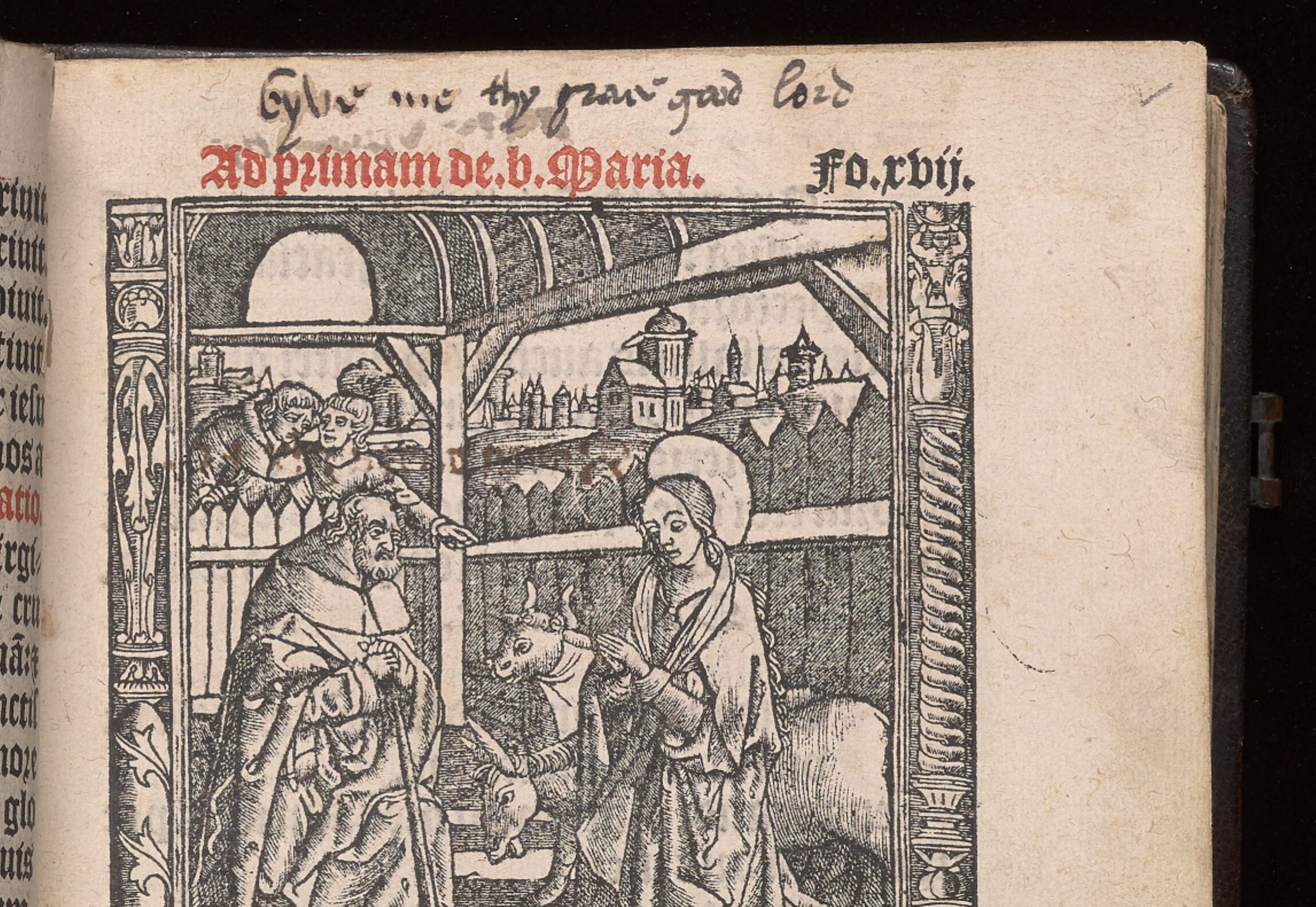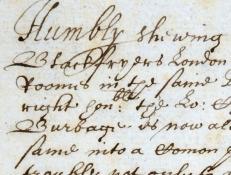The tools you use to find primary sources will be individual to your topic. You can ask questions like where, when, why, how to brainstorm digital collections that may exist for your topic. Keep these especially in mind:
- Is your topic associated with a particular place (state, house, university, town, etc.)? Does that place have an archive or history museum?
- An example is the Sierra Club archives, which are held at the Bancroft Library of the University of California, Berkeley because the Sierra Club's roots are in San Francisco, California.
- Is your topic a particular movement or ideology? Does that movement have a digital collection or museum? Is the movement associated with a place (state, university, town, etc.)? Does that place have an archive or history museum?
- Take Quakerism as an example. Haverford College in Pennsylvania has an extensive digital collection of documents that document Quaker life and theology.
- Do a quick Google or other web search for a person's name plus "papers" or "collection" or "archives." This can sometimes lead you to the institution that holds the materials, but beware that the materials might not be digitized and readily available to you.
- If it's an organization or institution that you're researching to find more about the context of your subject's life, search for the name of the organization plus "records."
You can also use your secondary sources to get an idea of where primary sources might exist. Take a look at the references in the bibliography and see where the author(s) found their primary sources.







